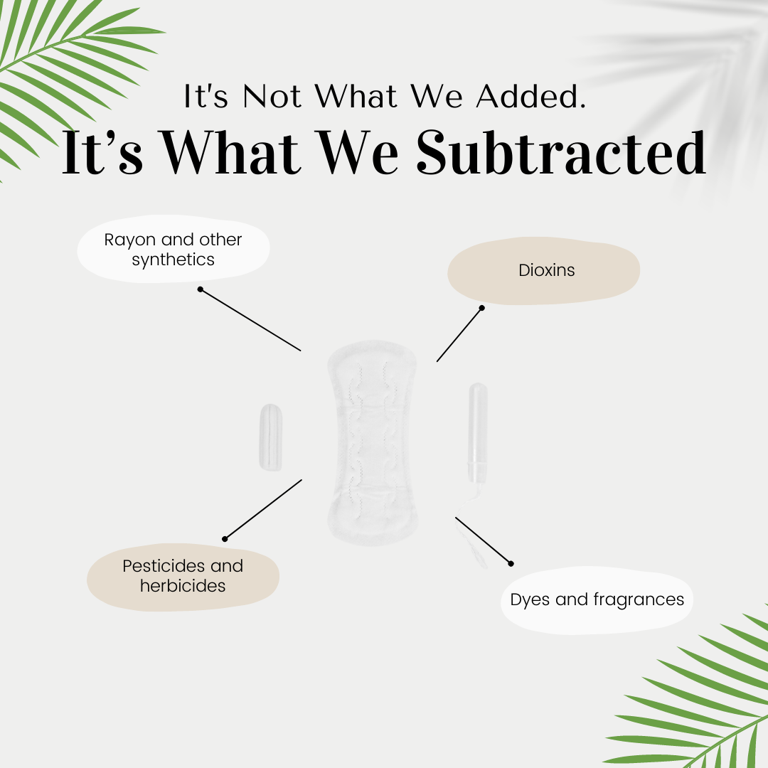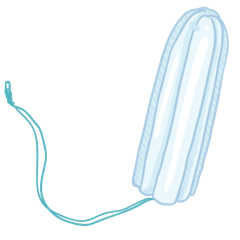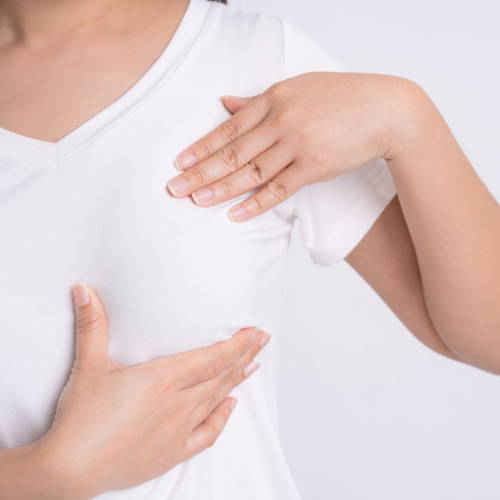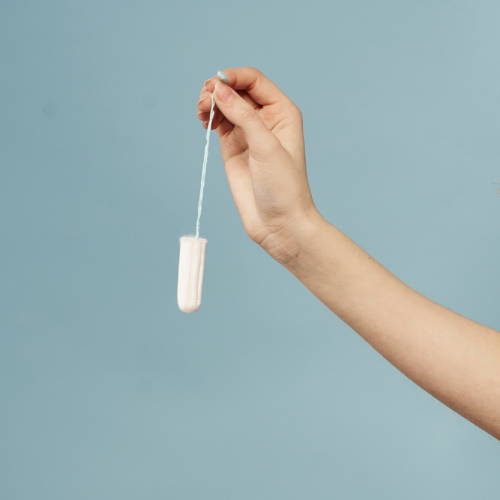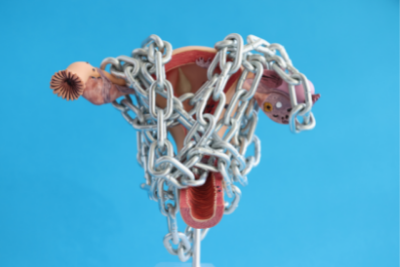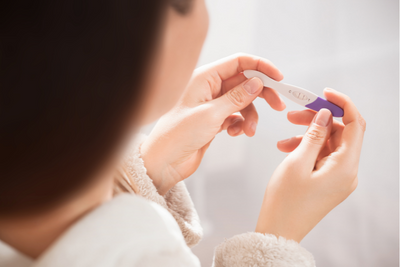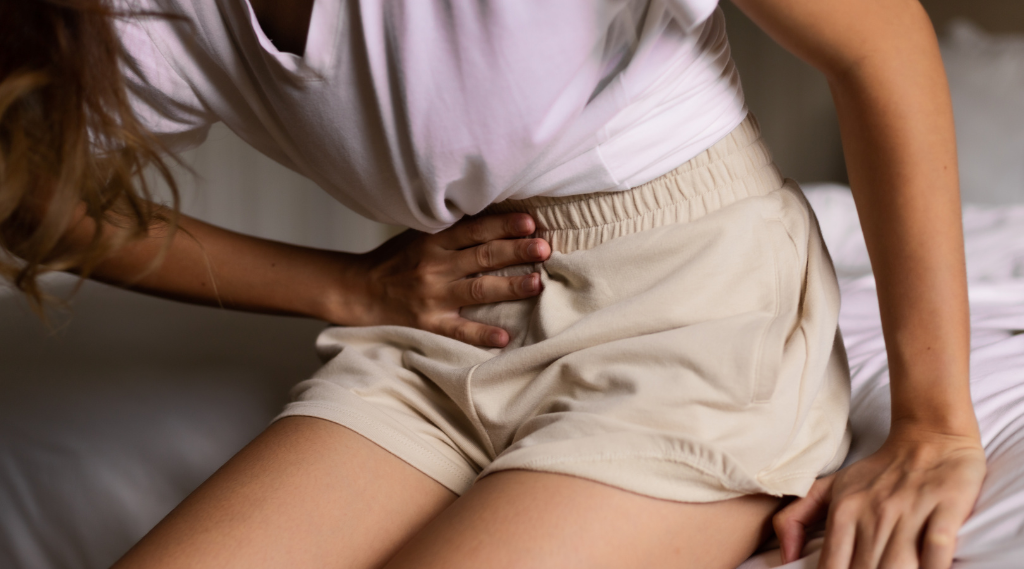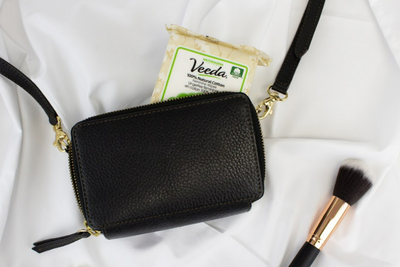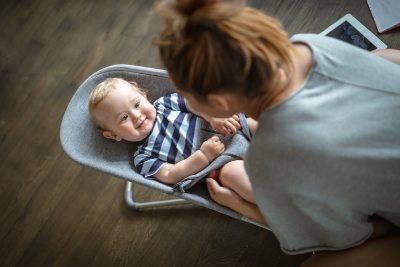When shopping for underwear, look for natural materials, keeping well away from chemicals and dyes. Synthetic fabrics can trigger chafing and redness. Nylon, polyester, lace, and spandex increase your risk of irritation and vaginal infection. These synthetic materials can lead to irritation but also don’t allow the vagina to breathe, trapping heat and moisture. And we know that Yeast thrives in heat and moisture environments, increasing your risk of yeast infections. Comfy, soft, moisture-absorbing organic cotton is the best underwear fabric! Click here to read more.















